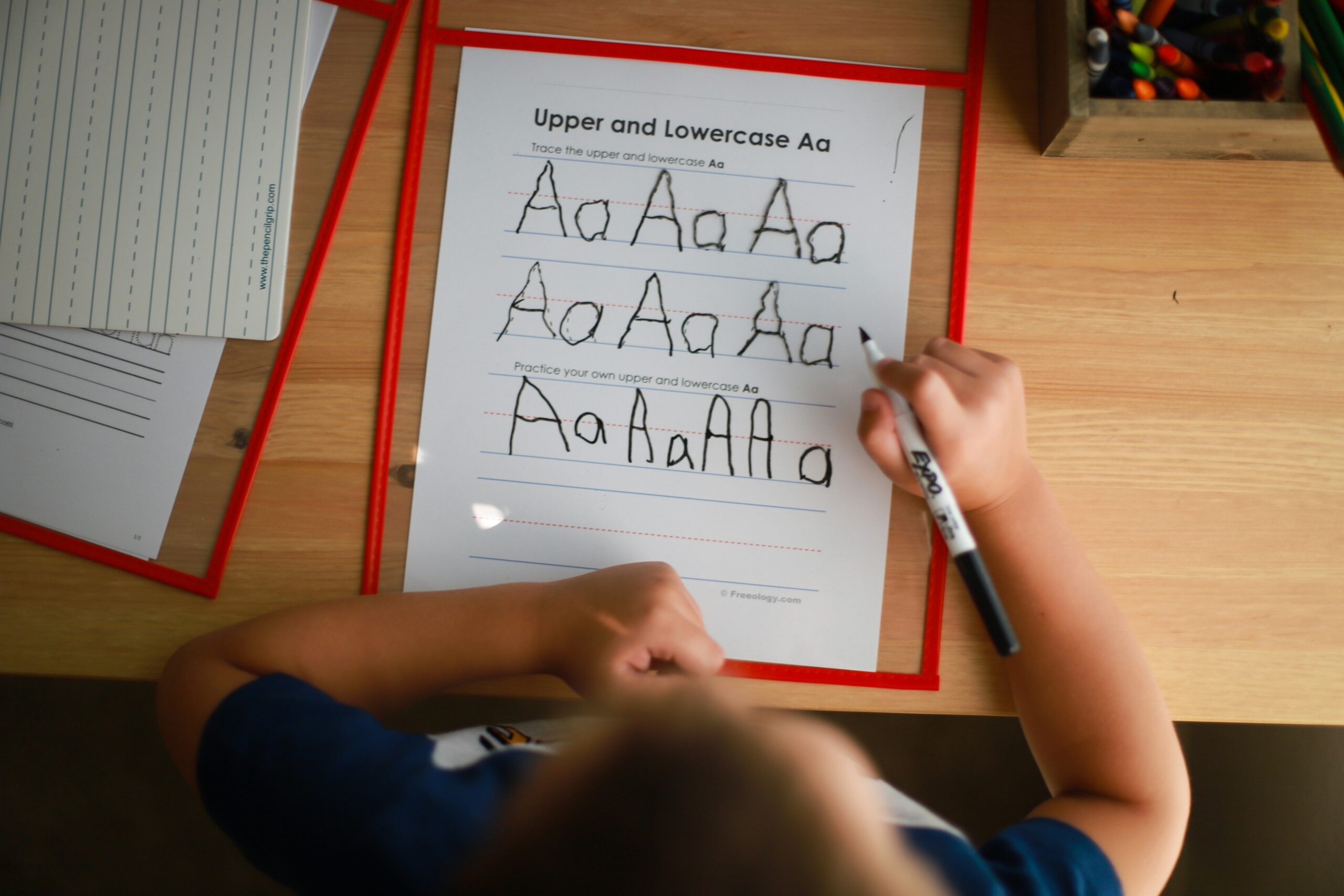Table of Contents
- The Struggle with Dyslexia in Education
- Step-by-Step Guide to Choosing the Right Dyslexia Learning App
- Top Tips for Maximizing Dyslexia Apps
- Case Study: Success Stories from Real Users
- FAQs About Dyslexia Learning Apps
The Struggle with Dyslexia in Education
Ever watched someone painstakingly spell out a word, only to erase it and start over again? For the 1 in 10 people living with dyslexia, this isn’t just a one-off struggle—it’s daily life. Imagine being told you’re “not trying hard enough” when your brain simply processes information differently. Gut-wrenching, right?
Dyslexia doesn’t mean less intelligence; it means needing a different approach. The good news? Technology is catching up. A dyslexia learning app can be the difference between frustration and flourishing. But not all apps are created equal.

This image highlights the emotional and academic challenges faced by individuals with dyslexia before finding supportive tools like learning apps.
Step-by-Step Guide to Choosing the Right Dyslexia Learning App
Optimist You: “There are so many great options!”
Grumpy You: “Ugh, but how do I pick the RIGHT one?”
- Identify Specific Needs: Does the learner need help with phonics, reading fluency, or spelling? Prioritize apps tailored to their unique pain points.
- User-Friendly Interface: Nobody wants an app that feels like deciphering hieroglyphics. Opt for clean designs and intuitive navigation.
- Evidence-Based Methods: Look for apps built on proven strategies like Orton-Gillingham or multisensory learning techniques.
- Trial Runs Are Key: Most quality dyslexia learning apps offer free trials. Test them out before making any commitments.

A comparison chart illustrating the differences between popular dyslexia learning apps’ features and pricing structures.
Top Tips for Maximizing Dyslexia Apps
You’ve found *the* dyslexia learning app—great! Now what? Here’s how to squeeze every ounce of value from it:
- Start Small, Stay Consistent: Like training a puppy (patience required), consistency beats cramming sessions.
- Pair with Other Resources: Combine the app with audiobooks, speech therapy, or even pen-and-paper exercises.
- Engage Family Support: Parents, siblings, teachers—get everyone involved to cheer them on!
- Terrible Tip Alert: Whatever you do, don’t skip updates. Yeah, those annoying pop-ups actually matter because they often fix bugs or add new features.
Case Study: Success Stories from Real Users
Meet Mia, a 9-year-old who once dreaded school until her mom discovered a dyslexia learning app called WordWhiz. Within six months, Mia went from avoiding books to devouring chapter novels. Her teacher described her progress as “chef’s kiss.”
Or consider James, a college student overwhelmed by coursework until he started using Read&Write, which transformed his ability to comprehend text-heavy materials. His grades soared—and so did his confidence.

This heartwarming moment captures the joy of achieving milestones through technology-powered learning support.
FAQs About Dyslexia Learning Apps
Q: Are dyslexia learning apps expensive?
A: Not necessarily. Many offer free versions or affordable subscriptions ($9–$20/month).
Q: Can these apps replace traditional tutoring?
A: They’re excellent complements, but human interaction remains invaluable.
Q: Do schools provide access to these apps?
A: Some do via special education programs—check with your district!
Conclusion
Finding the right dyslexia learning app can change everything for learners navigating this unique path. From choosing the best tool to implementing consistent habits, we hope this guide arms you with the knowledge you need to succeed. Because no one should feel trapped by words—they should soar with them.
Like a Tamagotchi, your journey with a dyslexia learning app needs daily care. Nurture it, tweak it, and watch it bloom.


